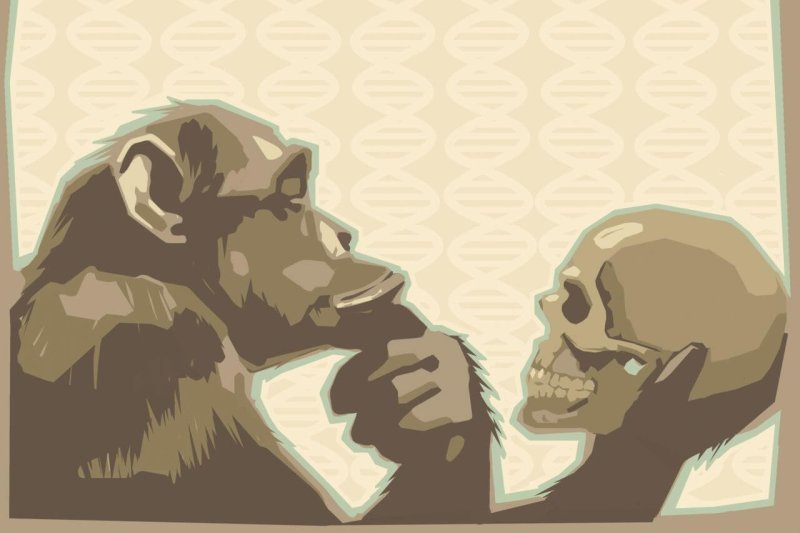Darwin made astute observations about our kind and predictions about our ancient past based on the information that was available to him. He argued that all living humans belong to one species and that its “races” all descended from a single ancestral stock. And pointing to the anatomical similarities between humans and African apes, he concluded that chimpanzees and gorillas were the closest living relatives of humans. Given that relationship, he figured, early human ancestors probably lived in Africa.
Since then, [paleoanthropologist Bernard] Wood says, “the evidence has come in.” In the past century and a half, science has confirmed Darwin’s prediction and pieced together a detailed account of our origins. Paleoanthropologists have recovered fossil hominins (the group that comprises H. sapiens and its extinct relatives) spanning the past seven million years. This extraordinary record shows that hominins indeed got their start in Africa, where they evolved from quadrupedal apes into the upright-walking, nimble-fingered, large-brained creatures we are today.
Our story is complicated, messy and random. Yet it still can be accommodated under Darwin’s theory of evolution and in fact further validates that framework.
This is not to say scientists have it all figured out. Many questions remain. But whereas the origin of humans was once an uncomfortable speculation in Darwin’s big idea, it is now among the best-documented examples of evolution’s transformative power.































